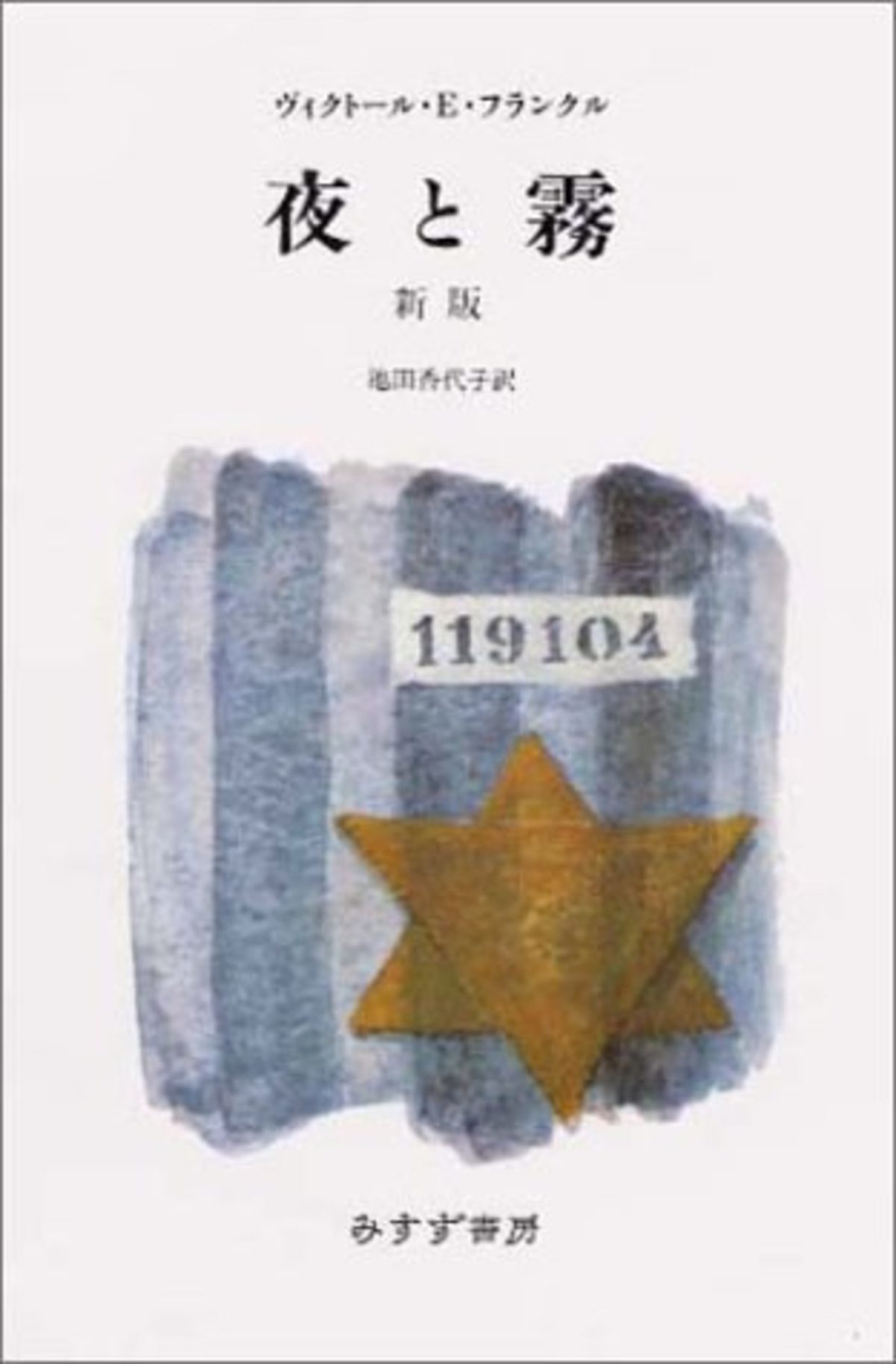BOOK

Man’s Search For Meaning
ーSynopsisー
In 1939, France and Britain declared war on Nazi Germany in response to its invasion of Poland, and World War II began. Not only were dissidents and socialists arrested and sent to concentration camps, but also Jews were arrested en masse and forced to work in concentration camps. In addition to the arrests of dissidents and socialists and the sending of them to concentration camps that had taken place in Germany up to that time, the systematic arrest of Jews and forced labor in concentration camps began.
The author, Viktor E. Frankl, was a psychiatrist living in Vienna with his wife and two children. However, when Germany annexed Vienna in 1938, he and his family, even his parents, were sent to the camps simply because they were Jews. His wife and children were either sent to the gas chambers or starved to death, and he was the only survivor.
The book consists of two parts: a commentary, which takes up a third of the book, and Frankl's memoir. As reference material, the book includes numerous photographs of evidence, blueprints of the gas chambers, and photographs of the British army disposing of the many bodies in the Auschwitz concentration camp, making it an extremely important book for conveying historical facts.
☆☆☆
The first book I recommended to my 15-year-old son to read was Viktor E. Frankl's "Night and Fog.
Descriptions of the horrific, inhuman acts and massacres that took place at Auschwitz, or any other small camp, can already be read in many documents and in many Internet photos and articles. However, nothing else has been written about how a person can choose to be a person under such extreme conditions.
Now, this extreme situation does not exist in front of our eyes. But it surrounds us like a very diluted salt water.
In concentration camps, prisoners are given a number, which is engraved on their arms. And that was all that mattered to the prisoner. No one was interested in his (or her) history, fate, or name except for that number.
What about us, then? We are told that we will be given our own number, which will eventually be used to control all our bank deposits, medical history, travel history, books we buy, and who we go with. In return, the number will be used as proof of identity, and applications for residence permits and grants will be processed promptly. Is this "number-based society" really different from that of concentration camps?
In the concentration camps, there were often specially selected prisoners, known as "kapos," who beat and sadistically abused their fellow prisoners. They, too, were subjected to military trials after the war, but some of them still manage to escape.
In schools and society, we often see people who look down on others, inflict psychological violence and hurt the weak, as if they are privileged despite their equal position. People who repeatedly make racist remarks and shout "kill" at the top of their voices. However, when we look at the lives, births, and occupations of these people, they are not privileged people. Rather, they are the ones who are trampled and robbed.
In this way, the society we live in is not the extreme state of the concentration camps, but it can be seen as a looser form of it.
Whether we will lose our humanity in the midst of all this, or whether we can keep it, this book has the answer.
Y


